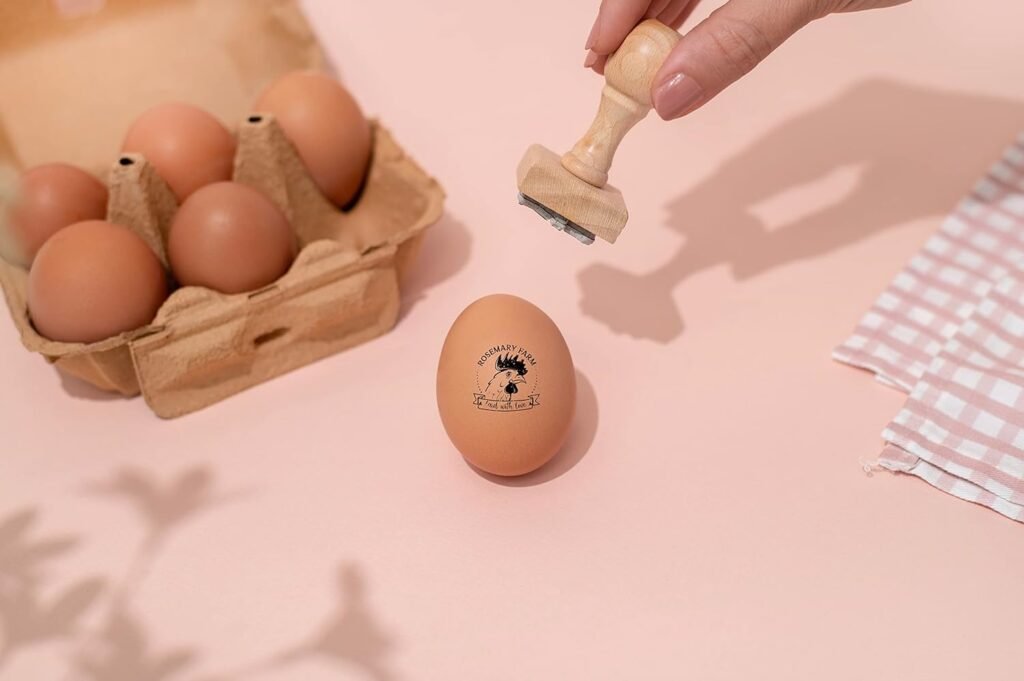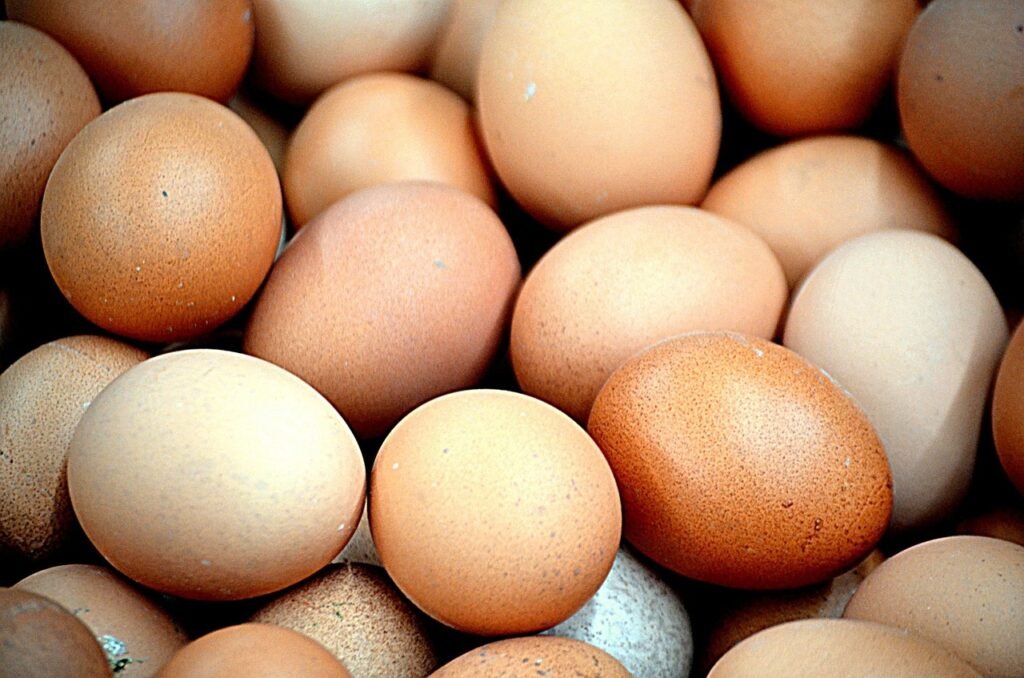
Here are some steps you can take to make sure your eggs stay fresh and safe to eat for weeks.
- Collect your eggs at least once a day. The eggs can get dirty from the coop with more than one hen using the nesting box. Some hens may even develop a bad habit of eating the eggs which is really frustrating. The outside temperatures and possible predators are also things to consider.
- Spot Clean the eggs if they are dirty. The eggshells are covered in a natural “bloom” that helps keep bacteria out so you really do not want to wash them if you don’t have to. If you need to clean them, gently use a warm damp cloth. If you are getting the eggs promptly from the coop they should be clean. If you notice a lot of poop on them, your chickens may need to be dewormed. You can sprinkle some diatomaceous into their food and it should help.
- You can store the eggs at room temperature (below 70 degrees F) for up to one month. Keep them in a cool, dry place and away from direct sunlight. Make sure there is good ventilation. You can store the eggs in the refrigerator for up to three months. Keep them in some kind of egg carton to keep them away from moisture. You should also store them on a shelf inside the fridge instead of on the door to avoid temperature changes.
- Keep the pointed end of the egg down. There is an air cell at the wider end of the egg. This position keeps the yolk centered and keeps the air cell from getting too large which keeps the egg from going bad too quickly.
- You can check for egg freshness with the water float test. If you are not sure if an egg is fresh or bad, you can place the egg in a bowl of water. A very fresh egg will sink to the bottom of the water and lay on its side. If it stands upright at the bottom of the bowl, it is still safe to eat. If the egg floats, it is too old and needs to be thrown out.
- You can freeze eggs for up to four months. Crack open the eggs and beat them. Pour the mixture into ice cube trays or other molds. Once they are frozen you can transfer them to freezer bags. This may change the taste and texture of the eggs.
- Pickling the eggs is another option. This involves making hard boiled eggs, peeling them and putting them in a vinegar based brine. Pickled eggs can be stored in the fridge for several months.
This page includes affiliate links which I may receive an affiliate commission for at no extra cost to you. All opinions remain my own and I only recommend products or services I believe will add value to my readers.
Here are some items that you might need and enjoy!
Gentle Egg Scrubber
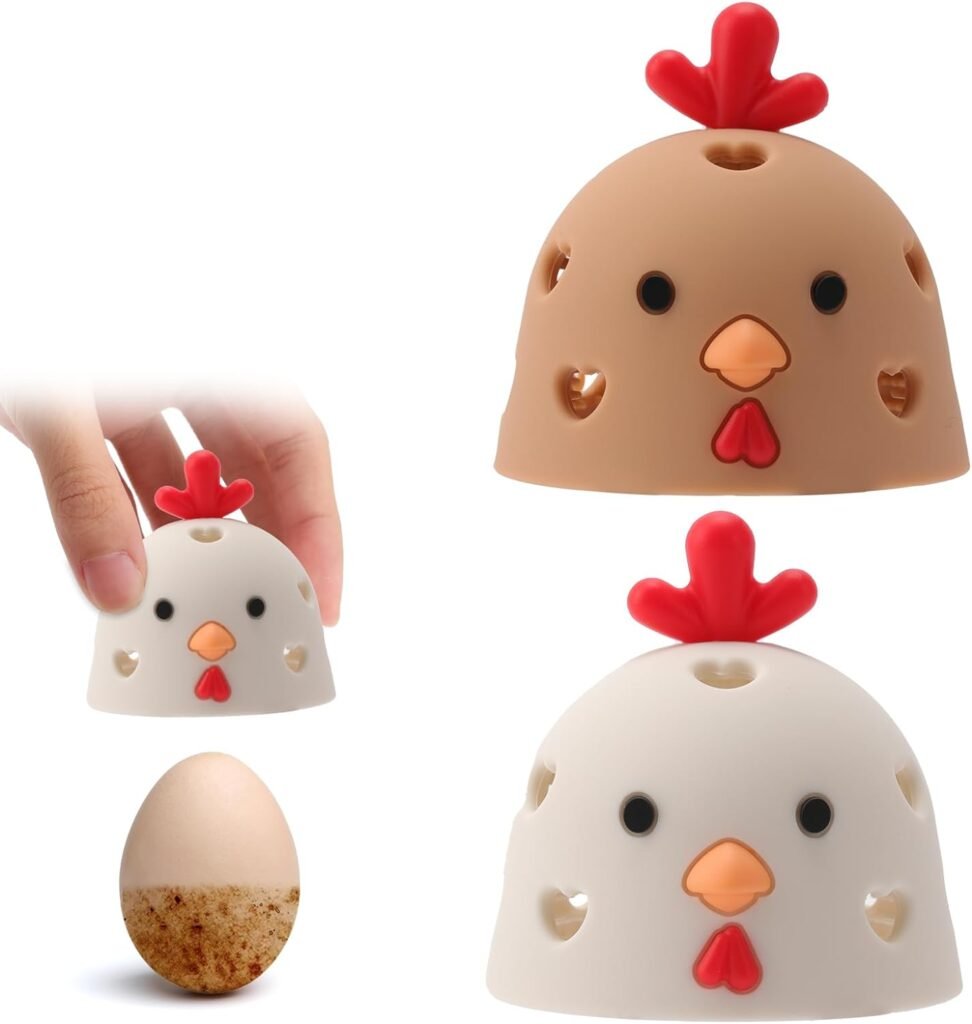
All Natural Egg Cleaner That Does Not Remove Natural “Bloom”
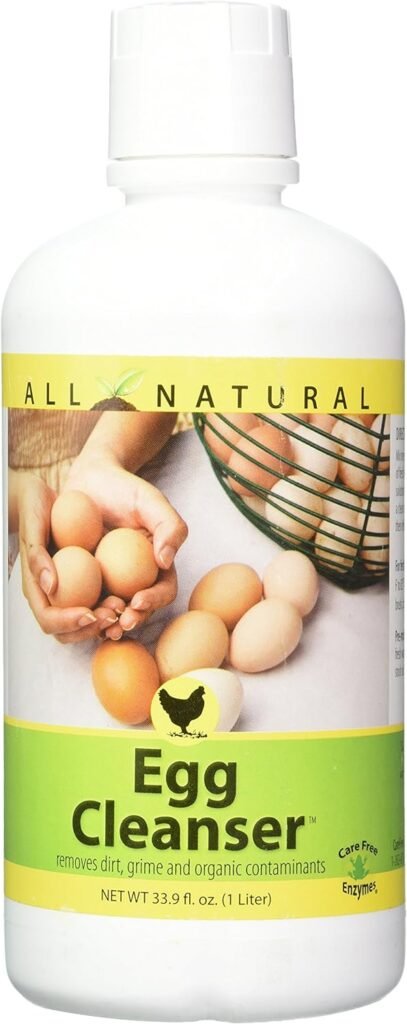
I love this Pretty Egg Basket
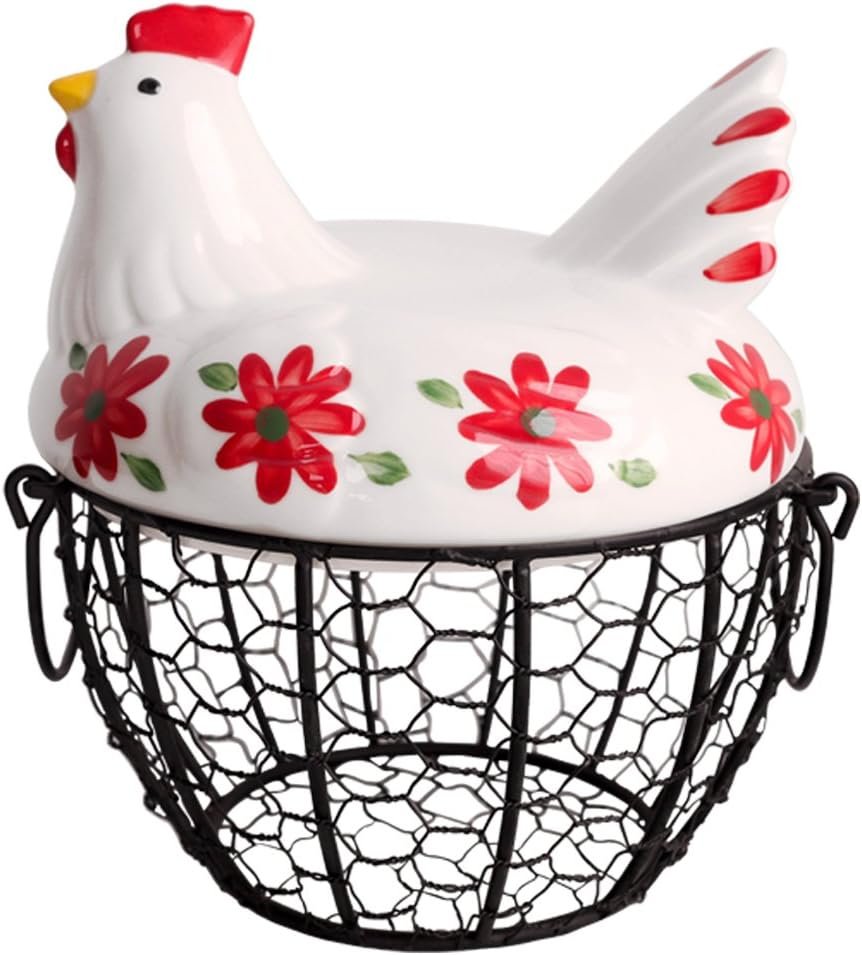
Nice Vintage Looking Basket to Gather Your Eggs
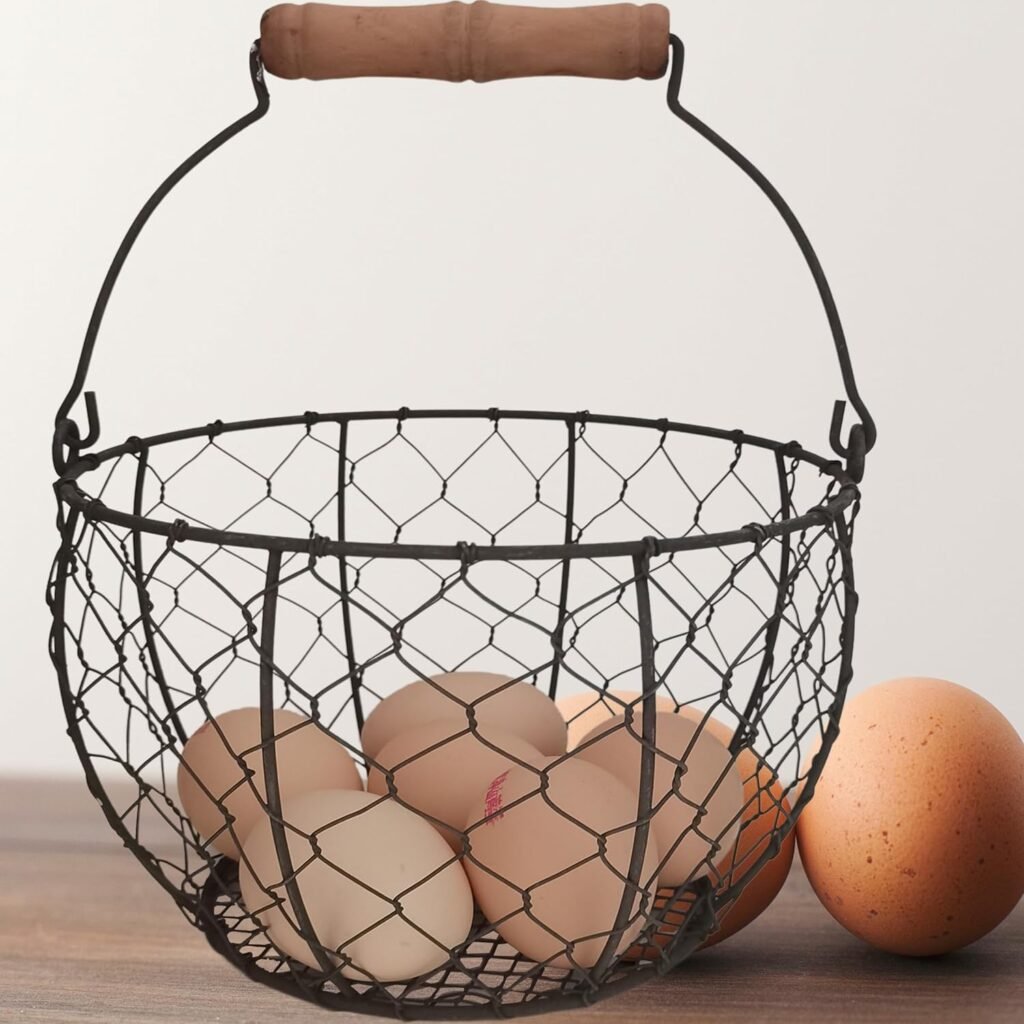
Inexpensive Egg Cartons to keep eggs dry in fridge so they last longer
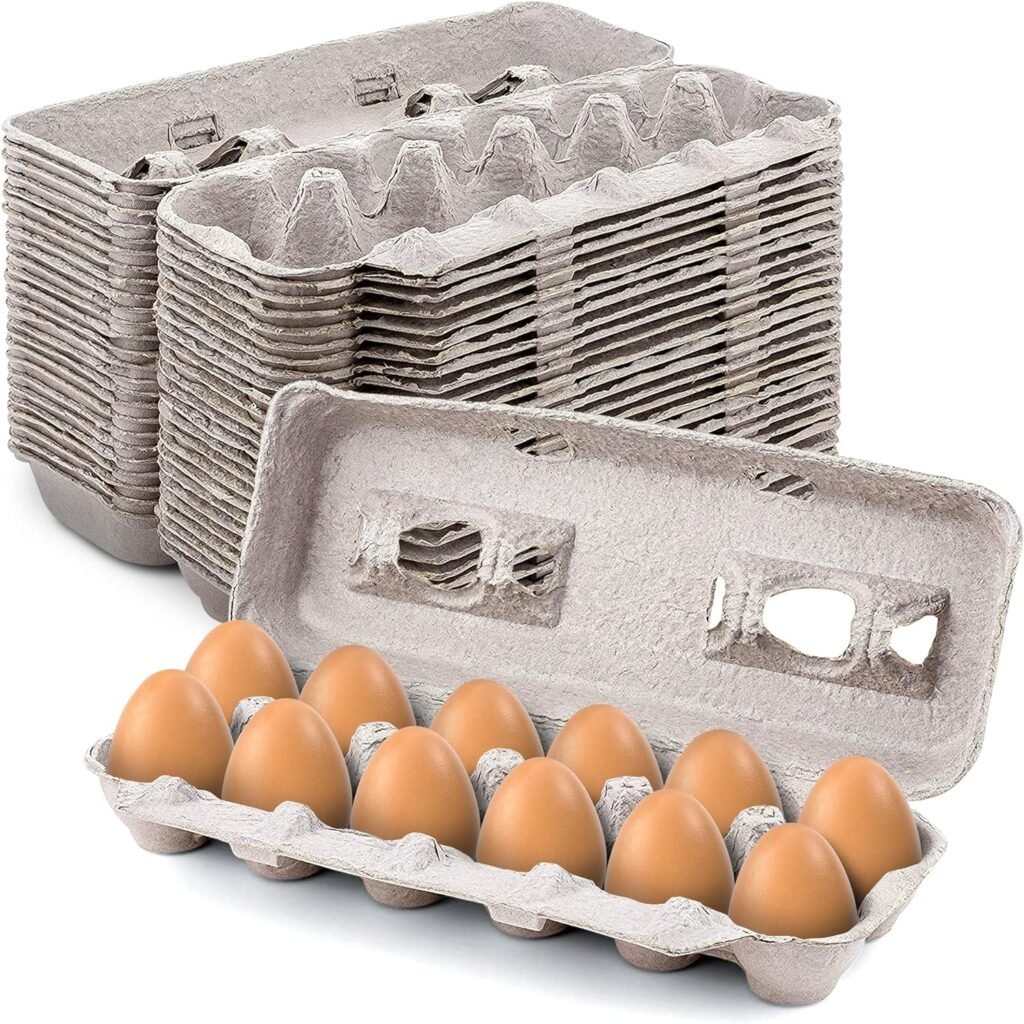
Personalized Egg Stamp, So cute!
